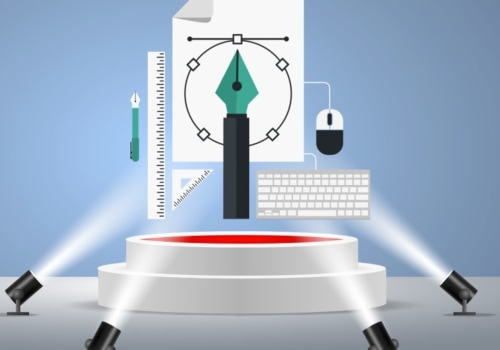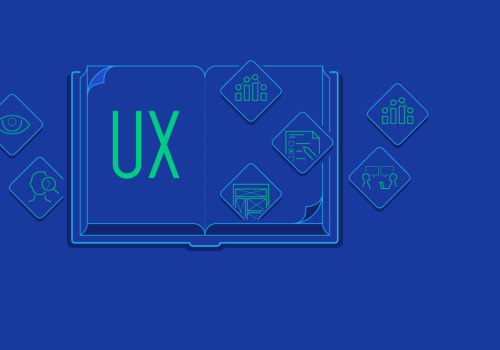Overall, WordPress is an excellent choice for both personal blogs and professional blogs. Most of the best-known bloggers on the Internet use WordPress as their content management system because it's easy to use and comes with all the features you'll need to create a successful blog. Ultimately, even if all you want to do right now is create a very basic blog, WordPress is almost always the best option. This way, if in the future you want to expand your website, add new features or even change its approach completely, you'll have all the options you need at your fingertips.
Nowadays, blogs have become more than just a way of expressing oneself. They have become a way of life. Some people occasionally write personal stories, while large companies invest thousands of dollars in their blogs. Blogging has become a career and a dream job for many people who can now work from anywhere in the world.
Now, whether you imagined your blog as a hobby or as a potential money-making machine, you first have to create it. We'll skip the motivational speeches and assume that you've already set out to create a WordPress blog. Oh well, you can even create a blog from the comfort of your couch if you have a laptop. Even if you're just starting out, we highly recommend that you opt for the self-hosted version.
Yes, there will be a higher learning curve and probably more work on your part, but having your own website that you can control is priceless, and it's definitely worth investing more time in administration. You can install the themes, plugins and services you want, publish ads and monetize the blog the way you want. There are virtually no limitations for a self-hosted WordPress blog. On rare occasions, having a self-hosted blog can be unnecessary.
No matter how many benefits it entails, some users will never need full control over their site. They won't have to change and customize themes or use multiple add-ons. It also allows you and your incoming visitors to perform actions such as commenting and sharing on other social networks from the interface. This is commonly known as the WordPress control panel; this is where you can monitor and manage every aspect of your website's content, functionality, and web design.
The answer to this question would be completely different a few years ago. But nowadays, it's possible to design a blog without technical knowledge. Many platforms, such as Wix and Squarespace, have introduced visual generators that allow you to simply drag and drop website elements wherever you want them to be until you get a site you like. WordPress, on the other hand, has more than a few page builders.
When you combine them with premium themes, you can design a professional-looking site without having to write a single line of code. At first, coming up with ideas for blog posts can be relatively easy. You've probably created a blog with a few concepts in mind, and covering those first few points might not be a challenge. As you progress, creating a unique and exciting blog post will become increasingly difficult.
This is especially true if you care about your blog and want to get the most out of it. When you get stuck, you should check if there are any open or unaddressed problems in your field of expertise that you can solve. It would be helpful if you also thought about changing your perspective; instead of writing about a general problem, try writing from personal experience, which will appeal to the audience. In addition, explore keywords and find out what people are interested in.
If you can combine those keywords into something unique to you, having a popular blog post is just a corner away. You also have to always know your audience and write about the things they want. If you don't know your audience yet, you can start asking them questions through blog posts, surveys, or social networks. Those are just some of the ideas; for more information, see How to Choose What to Blog About (with examples of viral headlines).
WordPress is the best to use, as it's easier to understand compared to other CMS like Drupal and the rest. I currently have two websites created with WordPress. Two of the most common names you'll hear are Blogger and WordPress, and this may lead you to wonder which one would best suit your needs. The left-hand column of the WordPress dashboard is where you'll find all the management options and where most of your creative effort will be concentrated.
WordPress is a complete content management system (CMS), a platform designed to help you create online content. If all you want is a very simple blogging platform for amateurs, this may be the solution for you and a great alternative to WordPress. The tasks that are normally performed on the backend, such as improvements in the functionality of the plugin and the customization of your theme, will be visible to you and your visitors on the interface of your WordPress website. If none of the options shown work, visit the WordPress repository to choose a theme from the options shown there.
They don't want to install WordPress and deal with it themselves; all they want is a platform that allows them to publish stories. So, when it comes to Blogger vs. WordPress, we recommend the latter for most people who are creating a new blog. Before you can install WordPress, you'll need a web host that can store all your files, manage your domain and take care of your site.
Pro tip: If you don't want to have to take care of installing WordPress on your own, you can have your hosting provider take care of it. Now you'll have the option to choose a WordPress theme: choose one that fits your brand and represents your website in the best way. .




